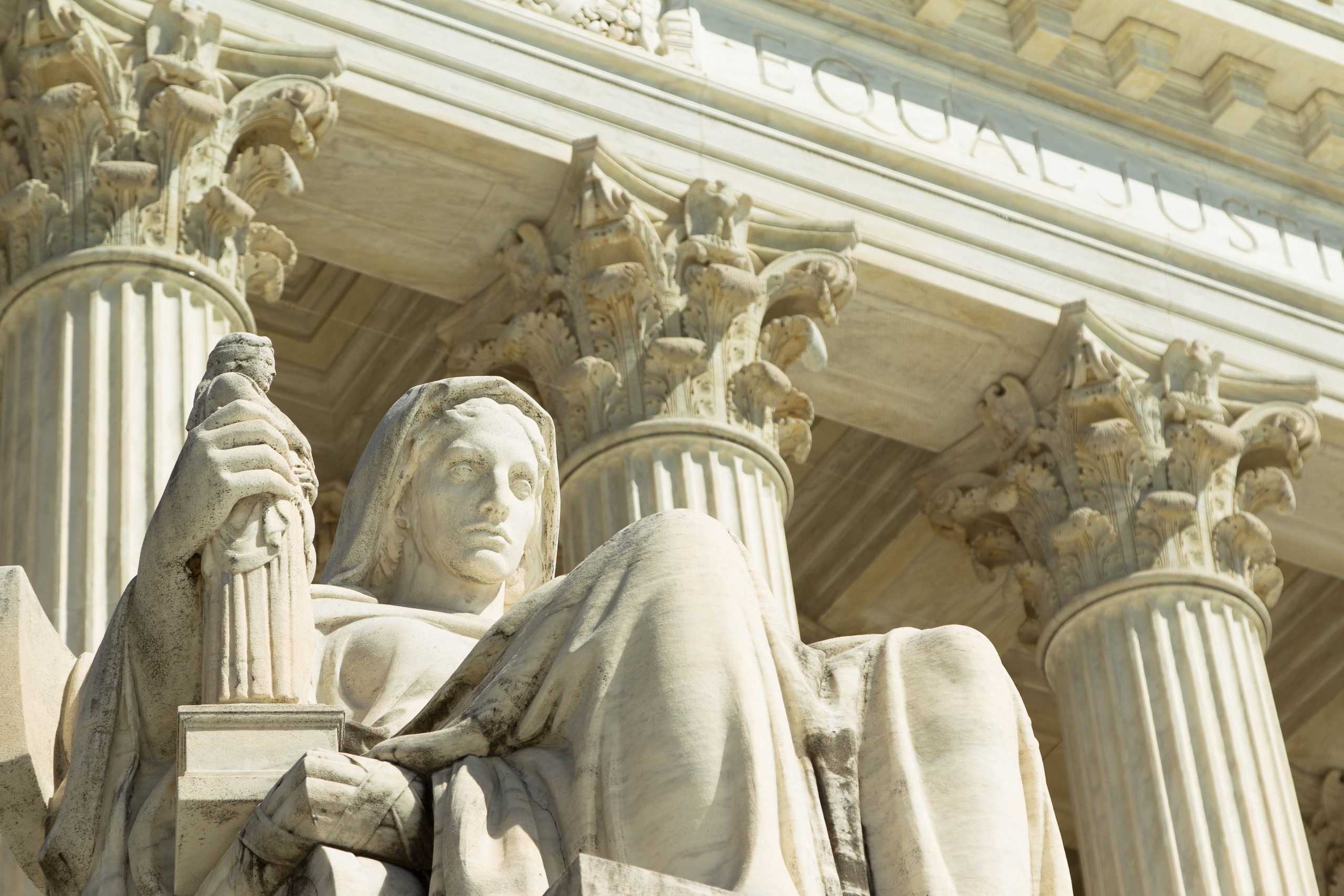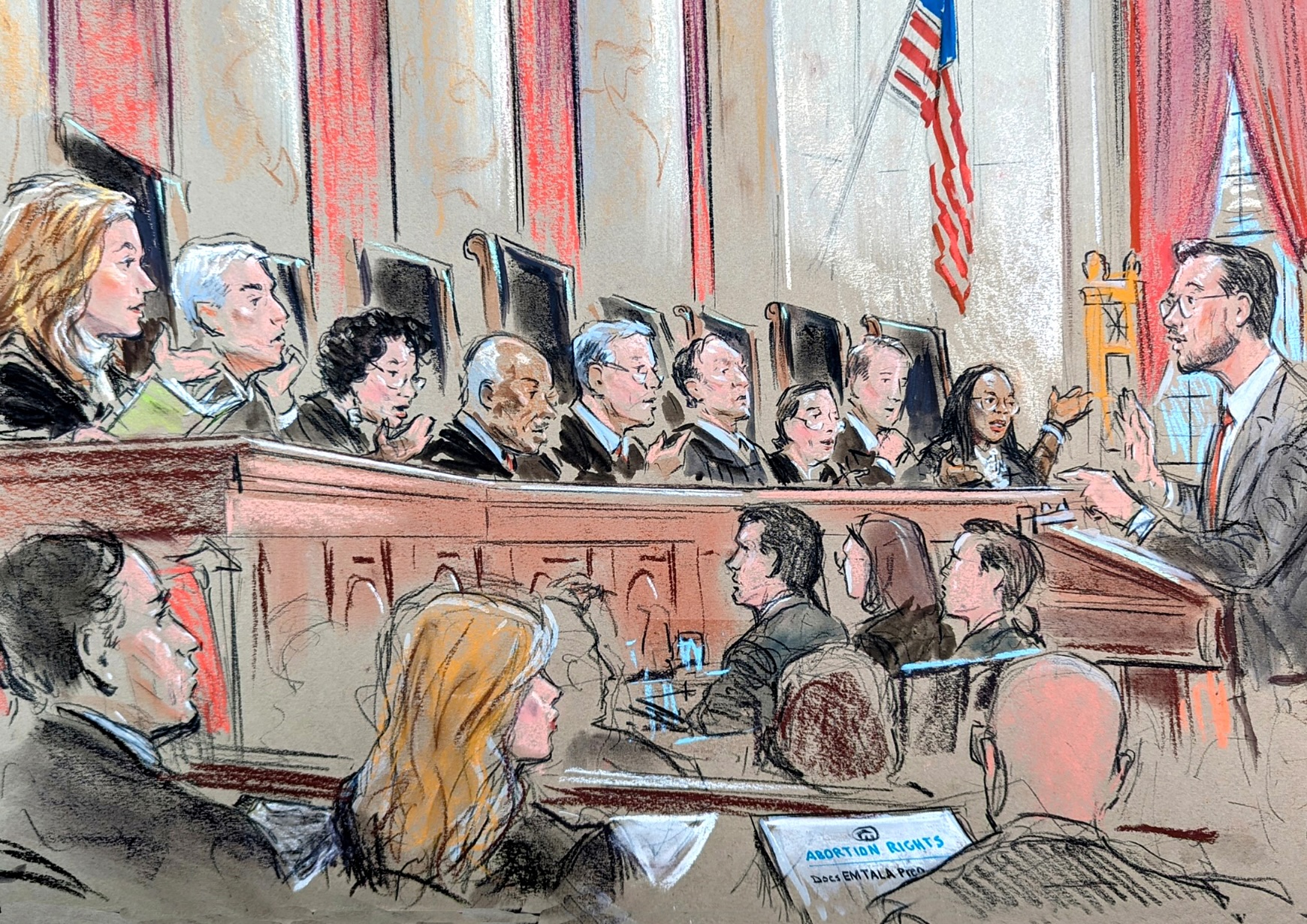Court green-lights execution of Missouri man who presented evidence of racist prosecutor
CAPITAL CASE
on Nov 29, 2022
at 8:50 pm
For the second time in less than a week, the Supreme Court declined to block the execution of Kevin Johnson, paving the way for Missouri to carry out his lethal injection on Tuesday night.
Johnson, who is Black, argued in his final appeal that his execution should be put on hold in light of recent findings from a special prosecutor that Johnson’s original prosecutor was routinely biased against Black defendants.
Justices Sonia Sotomayor and Ketanji Brown Jackson dissented from the court’s brief order allowing the execution to proceed.
Johnson was convicted and received the death penalty for the 2005 shooting death of William McEntee, a police officer. Johnson, who is Black, came to the Supreme Court on Nov. 10, arguing that his death sentence was tainted by racial bias and that his execution would violate the Eighth Amendment’s ban on cruel and unusual punishment. On Nov. 23, the justices declined to postpone his execution to give him time to pursue those arguments.
Johnson returned to the Supreme Court on Tuesday morning, once again asking the justices to stay his execution. He said a stay was necessary to give the Missouri Supreme Court time to review his claims that the prosecutor in his case had discriminated against Black defendants in deciding whether to seek the death penalty and also “routinely discriminated in jury selection.”
Last month, a state trial court appointed a special prosecutor to investigate the original prosecutor’s alleged racism. The special prosecutor found “clear” evidence that the original prosecutor “consistently made race-influenced decisions in his handling of capital homicides.” Based on those findings, the special prosecutor filed a motion to invalidate Johnson’s death sentence.
Calling Johnson’s new stay request a “transparent refusal to accept moral responsibility for his crimes,” Missouri urged the court to allow Johnson’s execution to go ahead as scheduled. The state dismissed Johnson’s claims of racial bias as “completely baseless.” But in any event, it continued, a Missouri Supreme Court decision denying Johnson’s plea to stay his execution rested on its conclusion that Johnson’s claims were not covered by a new state law that allows prosecutors to make post-conviction motions on behalf of inmates. Therefore, the state concluded, the Missouri Supreme Court’s decision was based on an independent state-law ground, which bars the U.S. Supreme Court from reviewing it.
This article was originally published at Howe on the Court.






